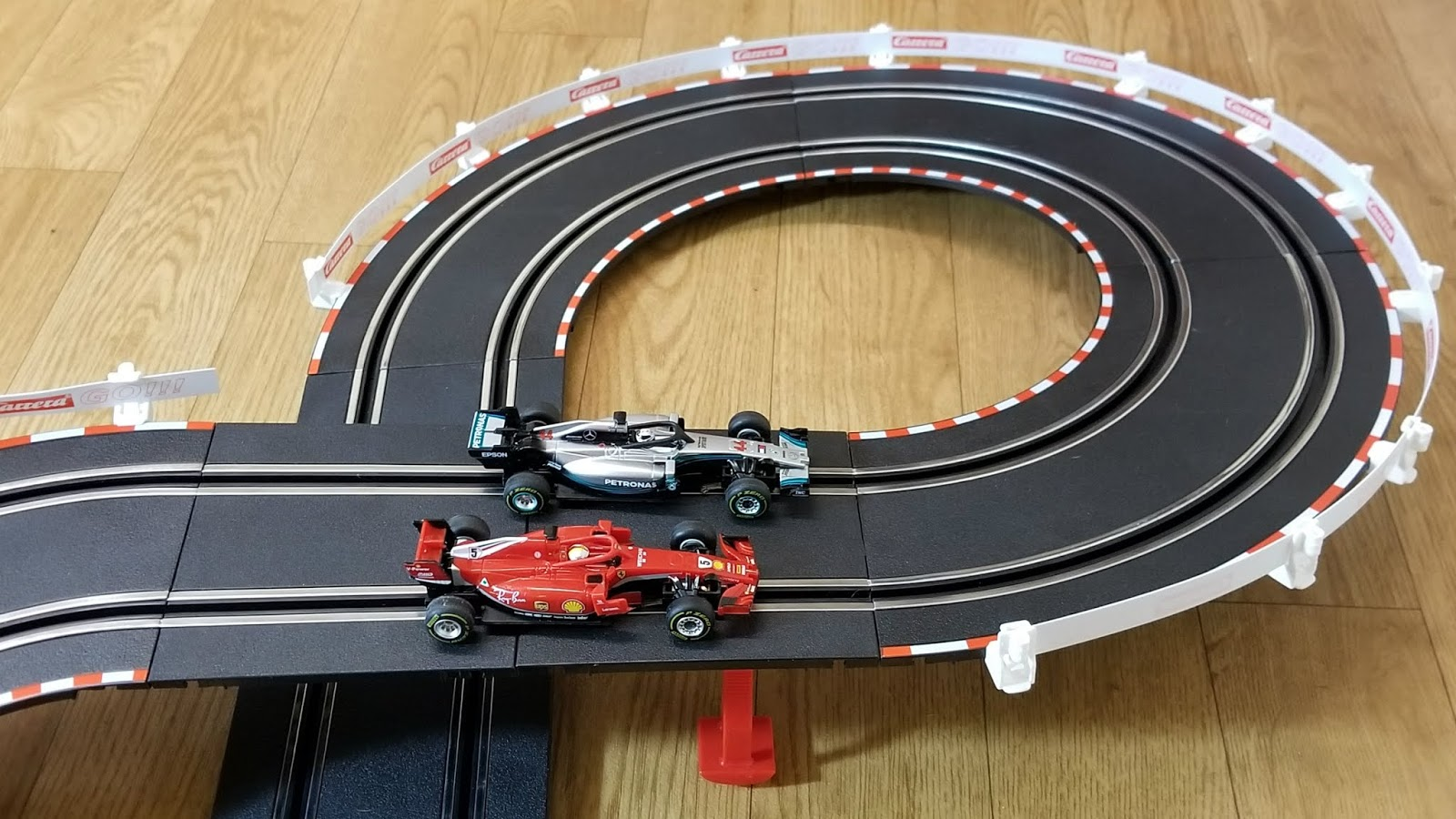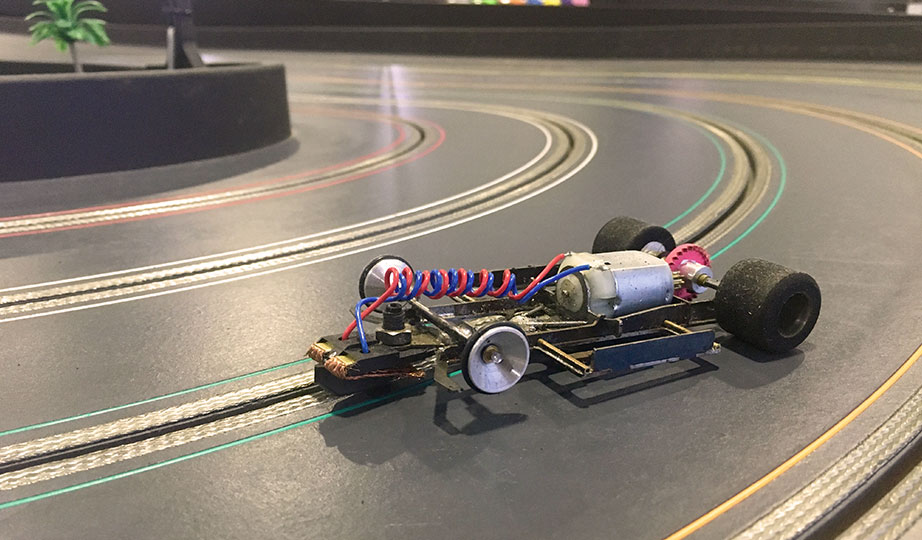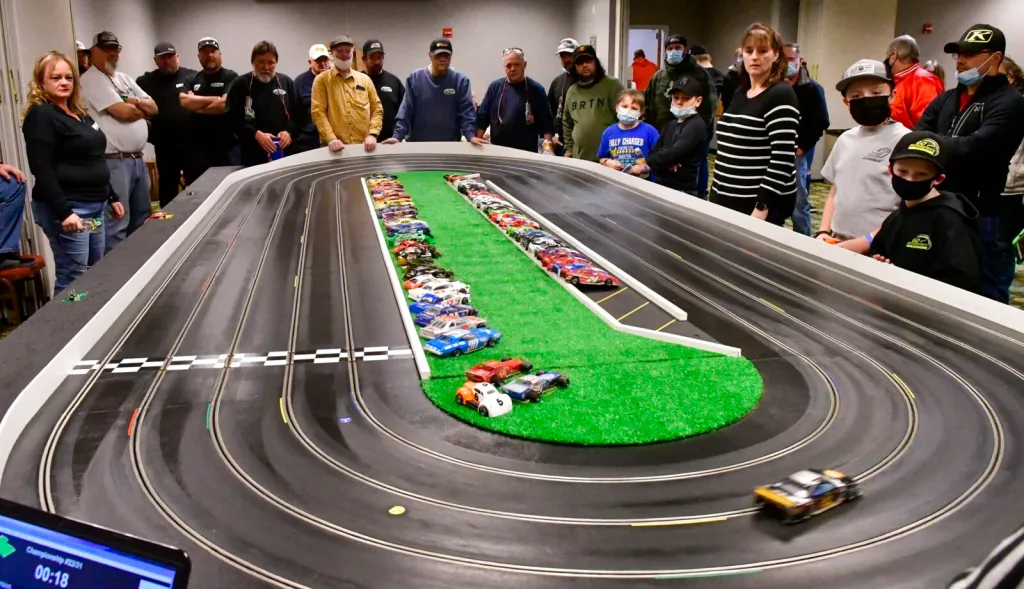Slot cars have been a beloved pastime for many generations, captivating both young and old with the thrill of miniature car racing. Despite the rise of digital entertainment and video games, slot cars have maintained a dedicated following and continue to be a vibrant and engaging hobby. This article delves into the history, evolution, and current state of slot car racing, highlighting its enduring appeal and the innovations that keep it relevant in the modern era.
Historical Background
The origins of slot cars can be traced back to the early 20th century, but it wasn’t until the 1950s and 1960s that they gained widespread popularity. Early slot cars were simple in design, often homemade, and operated on rudimentary tracks. By the 1960s, commercial manufacturers like Scalextric, Aurora, and Revell began producing slot car sets, making the hobby more accessible to the masses. The golden age of slot car racing saw the creation of detailed models, realistic tracks, and a surge in interest from hobbyists and competitive racers alike.
The Appeal of Slot Car Racing
The charm of slot car racing lies in its blend of hands-on mechanics, strategic racing, and social interaction. Unlike video games, slot car racing requires physical involvement—setting up tracks, maintaining cars, and mastering the controls. This tactile experience is immensely satisfying and offers a break from the digital world.
Slot car racing also fosters a sense of community. Local clubs and organized events provide enthusiasts with opportunities to connect, compete, and share their passion. The camaraderie and friendly competition are integral to the hobby’s enduring appeal.
Evolution and Technological Advancements
While the basic principles of slot car racing have remained consistent, technological advancements have significantly enhanced the experience. Modern slot cars and tracks are far more sophisticated than their predecessors, incorporating cutting-edge technology to provide a more realistic and immersive experience.
Digital Slot Car Racing
One of the most significant advancements in recent years is the advent of digital slot car systems. Traditional analog systems limited each track lane to one car, but digital systems allow multiple cars to run on the same lane. This innovation enables features like lane changing, overtaking, and more strategic racing dynamics. Digital controllers offer precise control over speed and braking, adding a layer of realism to the races.
Manufacturers like Scalextric Digital, Carrera Digital, and Ninco Digital have led the charge in digital slot car racing, offering starter sets and advanced systems for enthusiasts of all levels. These digital systems often come with additional features like pit stops, fuel management, and race data tracking, providing a comprehensive racing experience.

Wireless and Bluetooth Connectivity
Another notable advancement is the integration of wireless and Bluetooth technology. Modern slot car systems often feature wireless controllers, eliminating the tangle of wires and providing greater freedom of movement. Some systems even allow racers to use their smartphones or tablets as controllers, further enhancing convenience and accessibility.
Bluetooth connectivity also enables the integration of mobile apps for race management. These apps can track lap times, manage race settings, and provide real-time race statistics. This digital integration brings a new dimension to slot car racing, making it more interactive and engaging.
Enhanced Car and Track Designs
The design and engineering of slot cars have also seen significant improvements. Modern slot cars are highly detailed and often replicate real-life racing cars with astonishing accuracy. High-quality materials, precision engineering, and advanced manufacturing techniques ensure that today’s slot cars are both durable and performance-oriented.
Tracks, too, have evolved. Modular track systems allow enthusiasts to create complex and varied layouts, while flexible track sections enable more creative and challenging designs. Some tracks come with built-in scenery, adding to the visual appeal and realism of the racing environment.
The Community and Culture of Slot Car Racing
The slot car racing community is vibrant and diverse, encompassing hobbyists, collectors, and competitive racers from all walks of life. Local clubs and online forums provide platforms for enthusiasts to connect, share tips, and organize events. These communities are a vital part of the hobby, fostering a sense of belonging and mutual support.
Local Clubs and Organized Events
Local slot car clubs are the heart of the racing community. These clubs often host regular racing events, where members can compete, exchange ideas, and socialize. Club races range from casual gatherings to highly competitive tournaments, catering to racers of all skill levels.
Many clubs also organize special events, such as endurance races, themed competitions, and charity fundraisers. These events not only provide entertainment but also strengthen the bonds within the community.
Online Communities and Resources
The internet has significantly expanded the reach of the slot car racing community. Online forums, social media groups, and dedicated websites offer a wealth of information and resources. Enthusiasts can find tutorials, reviews, and advice on everything from car maintenance to track design.
Online communities also facilitate the buying and selling of slot cars and accessories. Collectors can connect with sellers from around the world, finding rare and sought-after models to add to their collections. Virtual racing leagues and online competitions further enhance the sense of global community among slot car racers.

Collecting Slot Cars
Collecting slot cars is a significant aspect of the hobby, appealing to both racing enthusiasts and model car collectors. The detailed craftsmanship and historical value of certain models make them highly prized among collectors. Limited edition releases, vintage models, and replicas of famous racing cars are particularly sought after.
Manufacturers often release special edition cars to commemorate events or partnerships, adding to their collectibility. Collectors not only enjoy the aesthetic and historical value of these models but also take pride in preserving and showcasing their collections.
The Future of Slot Car Racing
The future of slot car racing looks promising, with continued innovation and a dedicated community ensuring its longevity. Advances in technology will likely bring even more realistic and immersive racing experiences. Augmented reality (AR) and virtual reality (VR) could further transform the hobby, offering new ways to interact with and experience slot car racing.
Environmental sustainability is also becoming a focus, with manufacturers exploring eco-friendly materials and production methods. As society becomes more conscious of environmental issues, the slot car industry is likely to adapt to these concerns, ensuring that the hobby remains relevant and responsible.
Conclusion
Slot car racing is more than just a nostalgic pastime; it is a dynamic and evolving hobby that continues to captivate enthusiasts worldwide. From its humble beginnings to the sophisticated digital systems of today, slot car racing has adapted and thrived, maintaining its appeal through the decades. The tactile engagement, community spirit, and technological advancements ensure that slot car racing remains a beloved and enduring hobby for generations to come.
Whether you are a seasoned racer, a collector, or a newcomer to the hobby, the world of slot car racing offers endless opportunities for enjoyment, learning, and connection. The legacy of slot cars lives on, driven by the passion and creativity of its enthusiasts.

